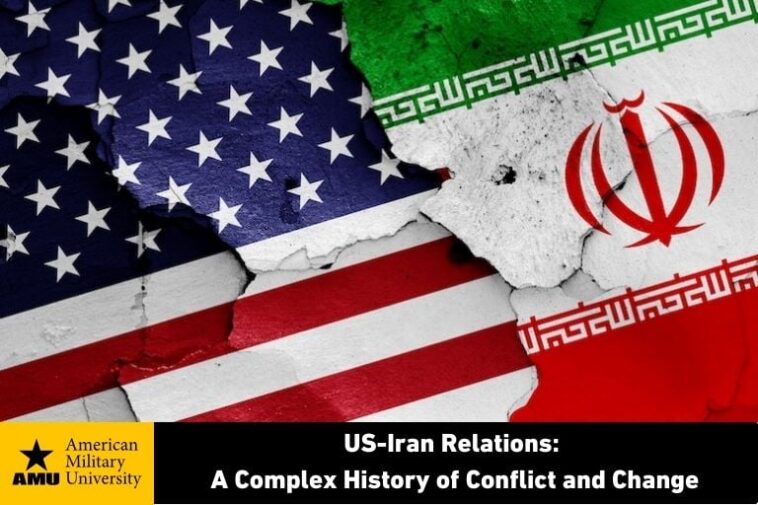The concept of democracy in the United States appears to teeter perilously on the brink of metamorphosing into autocracy. The currently ongoing deliberation regarding the potential use of force on Iran bears elements of the surreal. Firstly, it’s clear that a bombing campaign is unlikely to yield the desired outcome. Historical precedence underscores that a long-term and satisfactory resolution rarely blossoms from bombardment.
This was exhibited when the U.S. opted to deploy ground forces into Iraq in 2003, a decision that wasn’t fueled solely by the desire to establish democracy. The core reason was an acknowledgment by American officials that Saddam Hussein’s weapons programs were an issue that couldn’t be settled by bombings alone. Given their unsuccessful attempts in the past, they were well-aware that a bombing campaign wasn’t a permanent solution.
Present-day Iran presents a challenge similar to the one previously posed by Iraq. While it’s true that American weapons today far surpass their 2003 counterparts in terms of capability, and Iran’s strength may have diminished compared to past years, the predicament persists. Bombings in isolation can’t guarante a sustainable conclusion to Iran’s nuclear agenda.
Yes, it may buy time, and Israeli airstrikes have achieved just that. Strikes from the U.S. might prolong the bought time, but a resolute Iranian regime would likely reinitiate their efforts. A definitive resolution calls for an extensively rigorous international verification system, which would be contingent on the enforcement of a ground presence for protection. It’s against this backdrop that potential war with Iran should be evaluated.
Lately, the incumbent commander-in-chief appears to have commandeered the country’s law enforcement agencies. Observable and overt transformations are taking place to reorganize the U.S. military to serve the president’s personal agenda. It’s clear that any decision concerning Iran will be reflective of, or supportive of these expansionist objectives.
The president seems to be diligently constructing a scenario where the armed forces owe their loyalty to him uniquely. Contemplating a state of war compounds the potential hazards to the nation’s democratic fabric. After all, wartime often empowers consolidation of control domestically.
Taking into account the potential terrorist factor amplifies the concerns. Consider the possible consequences of Iran orchestrating or attempting a terror attack on U.S. soil as retaliation to a direct American assault. In such circumstances, the administration could find loophole within the existing anti-terrorism laws to overstep the constitutional rights of its own citizens.
Then, one cannot overlook the wider international repercussions. Currently, the U.S is being governed by forces with an anti-liberal stance, intent on overturning the long-standing universal liberal ideals set forth by the nation’s hereditary audacity. A victory in the Iranian sphere — irrespective of other influential events — would bolster their anti-liberal union and advance the cause of anti-liberalism globally.
The situation has a rather ironical facet. Despite Iran’s own inherently anti-liberal regime, triumph could infuse fresh vitality into global anti-liberal movements. Were Iran to embody an immediate threat to the United States, perhaps perspectives would differ. However, as it stands, it doesn’t.
Historically, the policy of containment toward Iran embodied part of a more extensive strategy to defend a world order centralized around a liberal America. Given the internal transitions occurring within the national bandwidth, it’s time for the American populace to reevaluate their outlook toward foreign policy.
Today, America teeters on the borderline of transforming into a militarized dictatorship. The fortitude of its liberal-democratic institutions is rapidly eroding. The pioneering democratic project instigated by the Founding Fathers could be nearing its culmination.
The prospect of war with Iran is perceived as more likely to speed up its termination. It’s becoming increasingly clear: America has more to lose from a militaristic conflict with Iran than just international relations. The very essence of its democratic identity is at stake.




